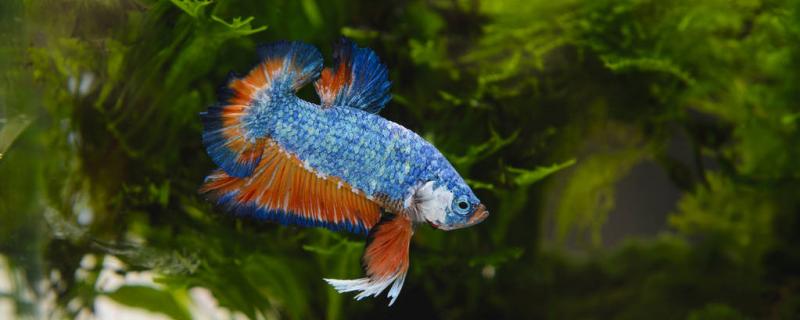 1. PH value of water quality of betta fish
1. PH value of water quality of betta fish The PH value of water quality of betta fish can be controlled between 6.5 and 7.2, and their requirements for water quality are not high. And they can grow in weak acids, weak bases and neutral water. When rearing artificially, it is best to keep the PH value between 6.5 and 7.0. Betta fish can grow better because they grow in neutral or weakly acidic water.
The metabolic rate of betta fish is not high, and the water can be changed once every 5-7 days when it is reared artificially. If a filter is installed, the water can be changed once every 7-10 days. Don't change the amount of water too much at a time, and control it at one third of the total amount of water. As long as the water in which they live is clean and stable, they can grow well.
2. Suitable temperature for betta fishBetta fish can be divided into Chinese betta fish and Thai betta fish. Chinese betta fish can adapt to a wide range of temperatures, with the lowest acceptable water temperature of 6 ℃ and the highest acceptable water temperature of 36 ℃. The suitable living temperature range of Thai betta fish is relatively narrow. The lowest acceptable water temperature is 18 ℃, and the highest acceptable water temperature is 38 ℃.
Although both of them have low requirements for water temperature, they are sensitive to the change of water temperature, and breeders need to ensure that the water temperature in which they live is constant. In addition, although they can accept lower water temperatures, breeders should try not to breed them at the lowest temperature they can accept. Because the water temperature is too low, their physique will deteriorate, and they will get sick and die over time.